Master ABAQUS SCRIPTING WITH pYTHON
Automate Your FEA Models and Save Hundreds of Hours
Save lots of time in your numerical models thanks to Python scripts
Automate any task in Abaqus and get rid of all the repetitive tasks in your simulations
Unleash the potential of Abaqus to develop unlimited finite element models
Apply all the concepts in real-world FE models through a wide variety of practical examples
Learn the fundamentals of FEA to understand all the key concepts behind your models
Stop making mistakes in FE models with many different features
No more endless web searches, find the answer to all your questions about Python in Abaqus in a single place
Is This Course Right For Your Research or Work ?
For Engineers, Researchers, and Students Who Want to Automate Repetitive FEA Tasks
This is the most complete course that you will ever find to learn how to save time and avoid mistakes in all your simulations thanks to Pyton scripting
This course is intended for any Abaqus user as it goes from the basics up to complex simulation techniques
This is an online course made of video lessons, supported by lots of additional resources, so that you can follow it at your own pace
Since it is a 100% online course, it starts as soon as you sign up
The full course is made of 6 chapters with +19 hours of recorded video in +120 lessons
Once you sign up, you will have access to the full course for life
Key Skills You'll Develop: Course Curriculum
- What is Abaqus? What can I use it for?
- What is Abaqus/CAE?
- What is Abaqus/Standard and Abaqus/Explicit?
- Work flow in Abaqus
- Example 0: Basic model with static load
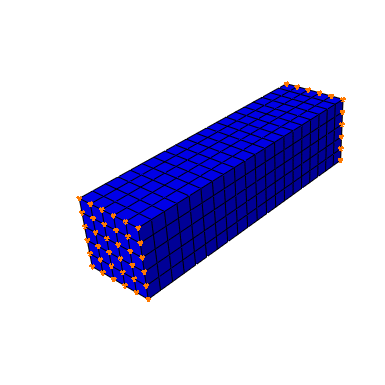
- What is Abaqus Scripting? Advantages and potential
- Example 1: building up a simple model (beam with shells)
- Python script of the FE model
- Python I. Intro (data types, variables, data structures, if, while)
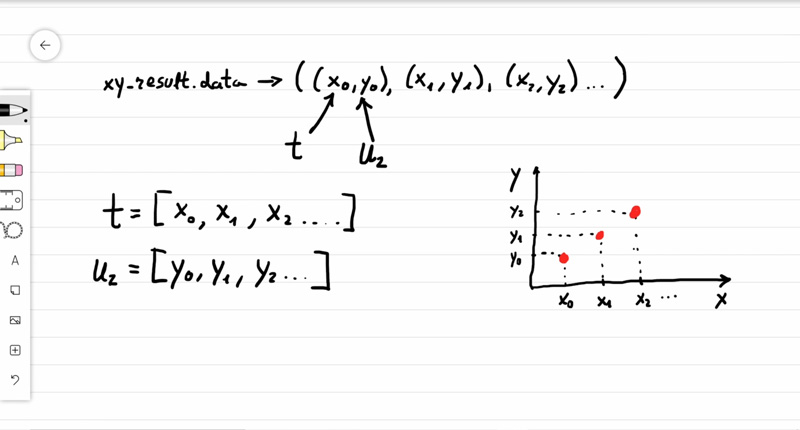
- Post-processing I. Visualization and history output
- Quiz I
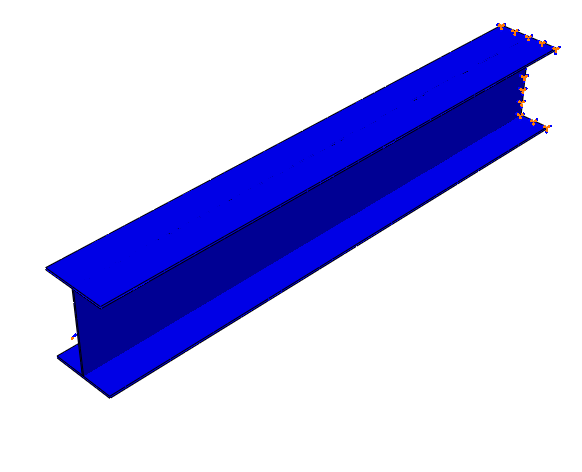
- Example 2: building a multibody model (Jenga)
- Python script of the FE model
- Advanced concepts: contact and interactions
- Python II. Loops (for) and functions
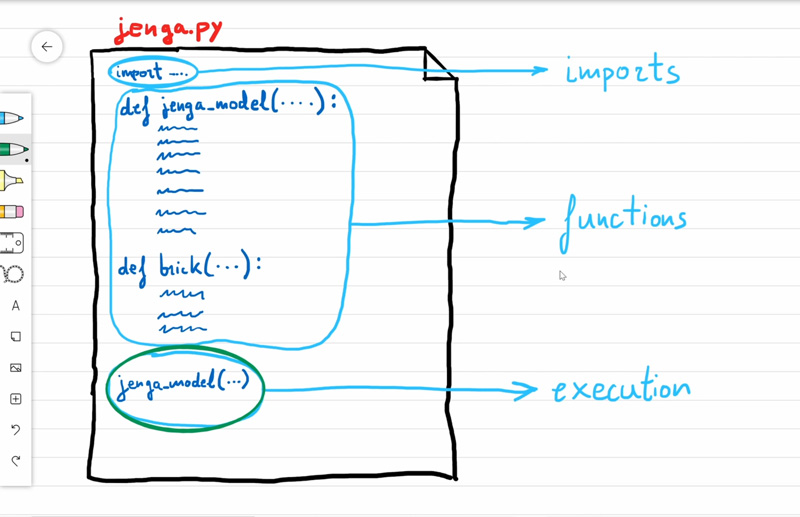 ⠀
⠀
- Post-processing II. Analysis of results
- Quiz II

- Example 3: building a ballistic model
- Python script of the FE model
- Python III. Advanced flow control
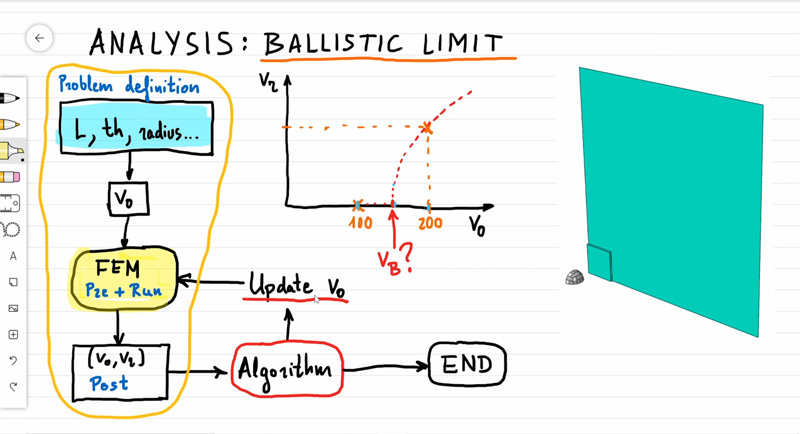
- Post-processing III. Advanced processing of results
- Advanced Abaqus Scripting: iterative optimization
- Closing: what else?
- Quiz III

- Example 4: development of a script for a house of cards under seismic loading
- Python script of the FE model
- Python IV. modular scripting design, kwargs, __name__ ...
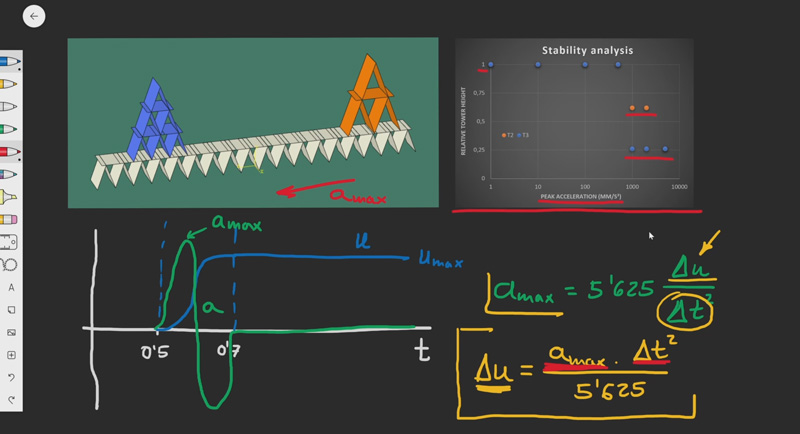
- Advanced Abaqus Scripting: assembly algorithmics
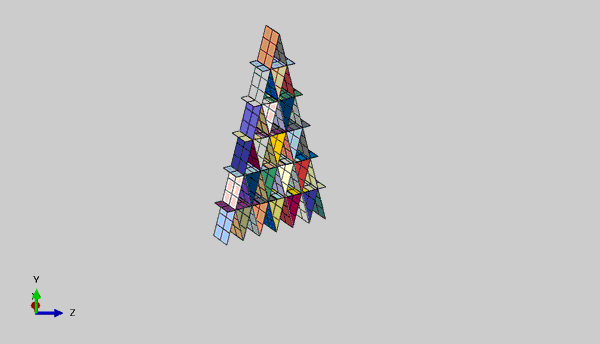
- Introduction to 1D optimization
- Low and high-order optimization methods
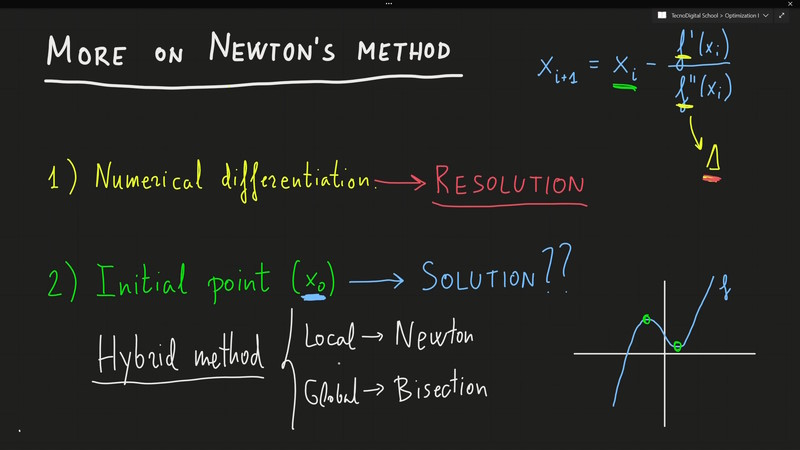
- Example 5: optimization of a wire insulation including radiation (thermal analysis)
- Python script of the FE model and optimization algorithms
- Fundamentals of heat transfer
- Python V. lambda functions, decorators, Sympy, Matplotlib...
- Advanced visualization in Abaqus using Python scripting
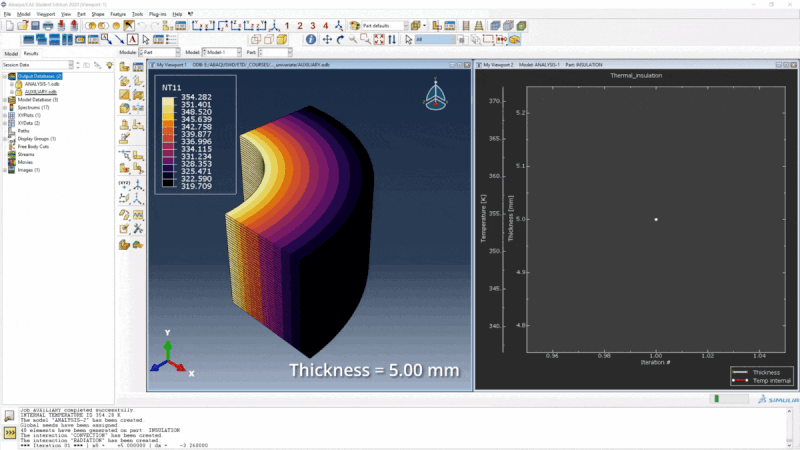
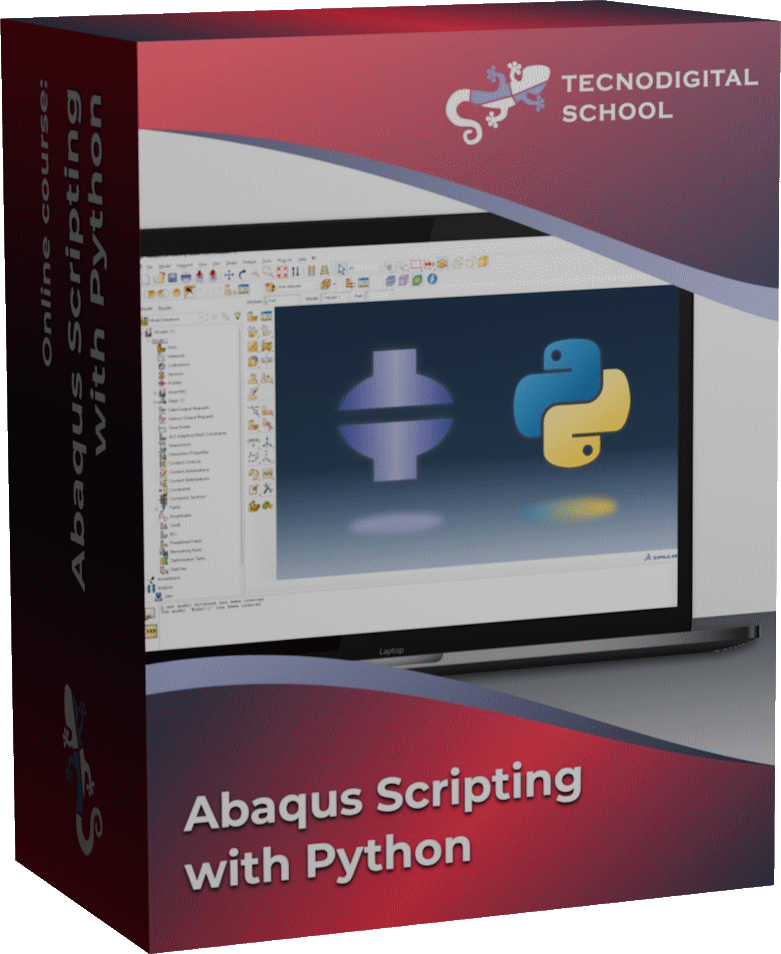
Everything You Need to Master Abaqus Scripting
- You will not only learn how to use Abaqus, but you will also learn how to automate your models in an extremely simple way with Python Scripting, saving huge amounts of time and preventing human errors
- All lessons of this course are very fluid, comprehensive and every single detail is explained
- You will learn to automate any task in Abaqus: from designing geometry, going through meshing, up to solving the models, processing outputs and much more
- Every lesson goes straight to the point, without any worthless piece of content. You will learn what you need on every stage and you will be putting it in practice from the very first day
- The final goal of the course is that you manage to face a complex model with confidence. You will go from “I have no idea where to get started” to “I have streamlined a complete FE analysis in Abaqus with Python!”

Lifetime Access to the Complete Course
Access this course forever. Watch the videos and review the lessons anytime, at your own pace

Specific Questions Answered by an Expert
I will personally solve all of your questions through the Comments section of the course
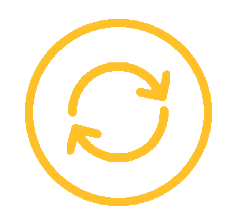
All Python Scripts (+115) and Abaqus Models
You will have access to all the updates and new content added periodically to the course

Official Certificate to Validate Your New Skills
After finishing the course you will get your certificate of completion
My name is Miguel Herráez, I am an industrial engineer and Phd in materials science.
From my childhood I have always wished to help everyone and to learn everyday something new to go as far as possible. That is how, a few years ago… I could even work at NASA!
In 2013, I started a Phd and I felt overwhelmed when I realized how many new things I had to master in such a short period of time. I needed to use Abaqus from the very first day, but I did not know anything about it.
I needed to learn quickly, I didn’t know where to get started and I was running out of time. I spent many days and nights reading, filtering and collecting information to get up to date.
Since that time, I have been working with Abaqus daily, for scientific purposes as well as for indutrial projects. This allowed me to develop a unique method to learn how to use Abaqus in an easy and fast way.
Thanks to this methodology, I have achieved further goals than I would have ever expected, and what is more important, I have helped other people to make it real too.
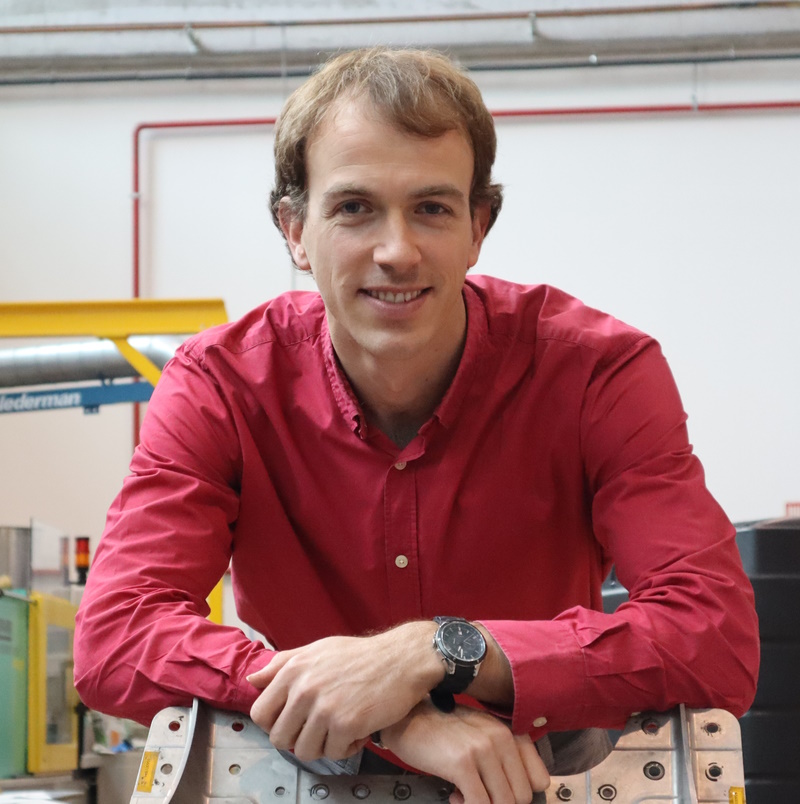
Visiting researcher
Post-doctoral researcher
Industrial and scientific projects
BSc final project
Research assistant
Lecturer
Phd in Mechanics of Materials
BSc in Industrial Engineering

- The course is for you forever
- You will have access to the full course and future updates
- High quality videos (QHD)
- Python scripts full of comments
- Line-by-line coding with me
- Input files of the FE models in Abaqus
- Technical reports and datasheets
- Links to the official documentation
- Scientific references
- Quizzes after every chapter
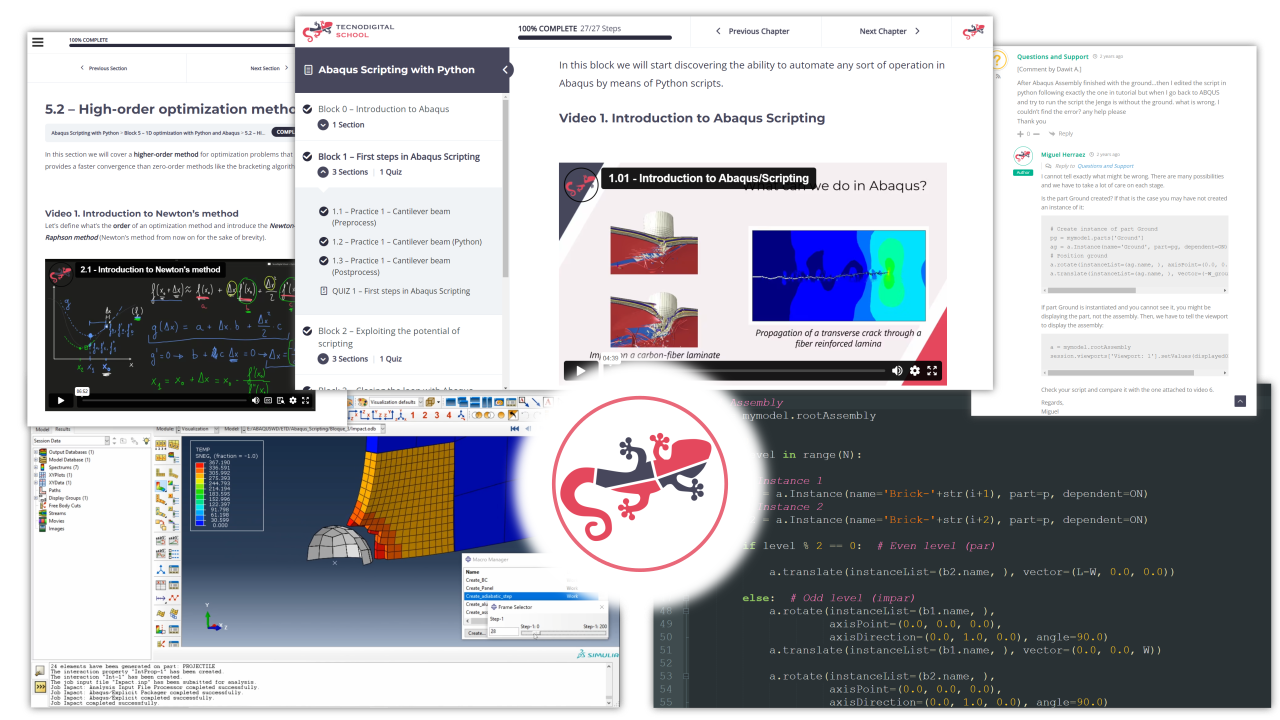

- Manage your time as you desire
- Access the course platform from anywhere at any time
- Follow the course from any device: PC, tablet or even your phone!
What my students think of the course











For the refund to be possible, there is only one condition: you shall not have watched more than 20% of the course. If that is the case, you only need to send an email to contact@tecnodigitalschool.com and you will be refunded

Unlock the Full Power of Abaqus Automation
Course Details: Fully Online, On-Demand Lessons, Immediate Access.
6 blocks of contents
+120 episodes
+19 h of video
+115 Python scripts
Additional resources
(technical papers, references…)
Fully compatible with Abaqus Learning Edition


Do you have any questions about the course Abaqus Scripting with Python?
This course is made of + 120 video lessons (5 to 20 minutes long) which are organized into 6 blocks of contents as detailed above.
All the scripts developed to create and analyze the models are given next to each of the videos, as well as more documentation and references to go deeper into all the details
That is one of the first question I made myself when I started working with Abaqus, and very soon I realized… Yes, absolutely!
Many of the problems that you will have to face cannot be tackled manually, they will be too big and complex. The most effective solution is to automate the full workflow (pre-process, launch and post-process) using Abaqus Scripting.
In some cases, we do not want to automate the full pre-processing of the FE model, but we can automate certain repetitive tasks. For instance, in the post-process we may need to extract the load-displacement curve of many odbs and this is very time consuming. However, for a very simple script is a piece of cake.
To sum up, an Abaqus user who knows how to take advantage of Scripting will employ his time much more efficiently and can solve problems that would be intractable otherwise.
Of course it is!
You can start from the very beginning.
Practical examples of increasing complexity are explained in great detail, step by step, and at the same time covering all the theoretical foundations required to understand it.
And if you have any problems, just put a question in the comments section and I will answer as soon as I can.
Absolutely!
If you already have experience in Abaqus or Python, you will find out the endless possibilities available when you start learning how to automate any task using scripts that you can generate in a matter of minutes.
In fact, I developed all the course using this Abaqus version.
The maximum node limitation is not an issue to learn how to model and simulate in Abaqus with Python. In addition, these less refined models run a lot faster, and we can test models much faster without having to wait for hours!
The course is developed with a previous Abaqus version that used Python 2.7. This is the version that Abaqus has included since 2010. However, the explanations along the lessons do not change at all, the same methodology is applied in Python and Abaqus.
Any little changes between Python versions are already specified throughout the lessons. Scripts for previous and latest versions are included in the attachments of the lessons.
All the updates and new contents are included in the course at no additional cost.
I believe the most important is that you can count on somebody who has gone through the same learning process.
With this I don’t mean the course is a list of recipes to build a list of models, but the complete opposite, there is always a well-founded reason for every decision.
What I mean is that I have been where you are now, trying to figure out how Abaqus works, why the Python script doesn't work, and so on.
In addition, you will have access to the course for life!
With over 250 students on this course and more than 6500 attendants to seminars and other trainings at TecnoDigital School, you would be literally the first one who doesn't enjoy the contents.
However, that is not a problem at all because you have a full refund guarantee at your disposal for 15 days to test the course and check it out for yourself.
Yes, you can. That’s what I have done for more than 10 years.
There are many resources on the Internet, documentation, tutorials, videos… The problem is that you will struggle bringing together all these bits and bytes of information.
Not to mention, this will take you a looong time.
That's why in this course I have collected my experience, and I know very well which are the hardest concepts and most common difficulties.
Anyway, if you don’t take this course, I recommend you count on good learning examples, to study the official documentation of Abaqus and to work with someone expert in the field to help you clarify the toughest concepts.
Nothing at all, but you will stay stuck in your simulations, spending more and more time looking for the solution to the next issue that appears in your model.
Otherwise, you will enter this group of professionals who are able to design and implement any simulations in Abaqus thanks to Python scripting. It is your decision.
If you think of the course and you see an expense, maybe this training is not for you. You are the only one who can turn it into an investment for life.
If you still have any question, you can always contact us directly at contact@tecnodigitalschool.com